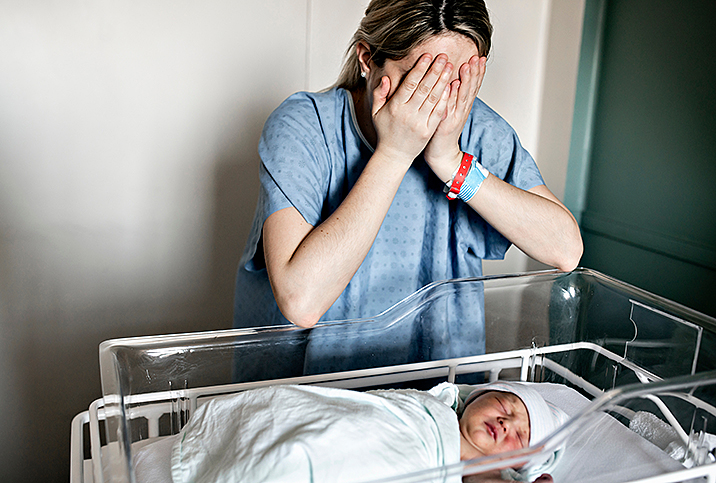
Introduction
The postpartum period, often dubbed the “fourth trimester,” is a unique and challenging time for new mothers. While many expect the joy and fulfillment that come with welcoming a new life, some may encounter unexpected emotional hurdles, including dissociation. Dissociation after birth is a complex phenomenon that involves a detachment from one’s thoughts, feelings, and even identity. In this article, we’ll explore the various facets of postpartum dissociation and offer insights into coping mechanisms.
Unveiling Postpartum Dissociation
In the whirlwind of postpartum experiences, some mothers encounter a less-discussed challenge: dissociation. This phenomenon involves a detachment from emotions, identity, and surroundings. Hormonal shifts, sleep deprivation, and societal pressures contribute to this complex emotional state. Seeking support, practicing self-care, and adjusting expectations can help mothers navigate this often-overlooked aspect of the postpartum journey, fostering connection and well-being.
The Nature of Postpartum Dissociation
Postpartum dissociation is characterized by a sense of emotional numbing, depersonalization, and derealization. It can manifest as a feeling of being disconnected from one’s own body, thoughts, or surroundings. While it’s natural for new mothers to experience a range of emotions, dissociation goes beyond the typical mood fluctuations associated with hormonal changes and sleep deprivation.

Causes and Contributing Factors
Following are some causes and contributing factors:
Hormonal Fluctuations
The drastic hormonal shifts that occur during pregnancy and childbirth can impact neurotransmitter levels, potentially triggering dissociative experiences.
Sleep Deprivation
The demands of caring for a newborn often lead to sleep deprivation, which can exacerbate emotional distress and contribute to dissociative feelings.
Unrealistic Expectations
Social and cultural pressures, coupled with idealized images of motherhood, can create unrealistic expectations. When reality doesn’t align with these ideals, it may lead to a sense of detachment.
Traumatic Birth Experiences
Complications during childbirth or traumatic birth experiences can contribute to postpartum dissociation, as the mind seeks to protect itself from overwhelming emotions.
Copping Mechanisms
Understand following step for capping mechanisms:
Seek Support
Open communication with a partner, family members, or friends is crucial. Sharing your thoughts and feelings can alleviate the sense of isolation and provide emotional support.
Professional Help
Consulting a mental health professional, such as a therapist or counselor, can offer valuable insights and coping strategies. Therapy sessions can help identify the root causes of dissociation and provide tools for managing symptoms.
Self-Care
Prioritize self-care activities that promote relaxation and well-being. This could include taking short breaks, engaging in activities you enjoy, or practicing mindfulness and meditation.
Adjust Expectations
Recognize that the postpartum period is a challenging and transformative time. Adjusting expectations and embracing imperfections can alleviate the pressure to conform to societal ideals.
Connect with Other Mothers
Joining support groups or connecting with other mothers who have experienced similar feelings can provide a sense of community and understanding. Sharing experiences can normalize the challenges of motherhood.
Conclusion
Dissociation after birth is a complex and multifaceted phenomenon that deserves attention and understanding. New mothers navigating this experience should prioritize self-care, seek support, and be open to professional guidance. By acknowledging and addressing postpartum dissociation, individuals can take steps toward reclaiming a sense of connection and well-being during this transformative period. Remember, every mother’s journey is unique, and embracing imperfections is an essential part of the postpartum experience.